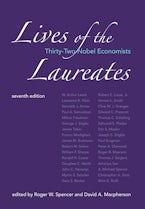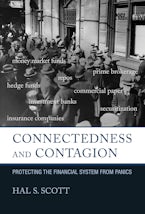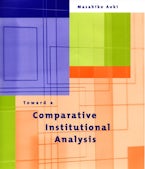A deeply thoughtful and engaging collection of essays from a justly celebrated academic economist and policymaker who, for seven years as No. 2 at the International Monetary Fund, flew into the eye of the greatest international financial storms of the modern era.
Kenneth S. Rogoff, Professor of Economics and Director of the Center for International Development, Harvard University
One has trouble thinking of another economist–at least, since Keynes!–who has done as well as Stan Fischer at combining analytical skill, good policy sense, clear expression, selfless dedication toward making the world a better place, and the ability to get everything done, and with imperturbable good humor as well. This book considers the important macroeconomic issues that faced him as No. 2 at the IMF. The aim is to get at the best available answers to these questions, rather than to participate in a trumped-up and simplistic public debate over whether or not the IMF and globalization are truly evil.
Jeffrey Frankel, Harpel Professor of Capital Formation and Growth, Kennedy School of Government, Harvard University
This new volume by one of the world's leading economists contains both enormous breadth of topical coverage and unparalleled depth of substantive insight. It is nothing short of amazing that Dr. Fischer could write such penetrating, indeed path-breaking, analyses while simultaneously managing much of the world economy from his top post at the IMF. This is surely one of the finest collections of essays ever published.
C. Fred Bergsten, Director, Institute for International Economics
While serving as First Deputy Managing Director of the IMF during some of the busiest years in its history, Stanley Fischer found time to write sixteen superb papers. Those who have read some of them will profit from rereading them, and they should read the rest—as well as the new introductions in which Fischer explains why each paper was written and, in some instances, how his views have changed.
Peter Kenen, Professor of Economics and International Finance, Princeton University
The reader finds a top-notch economist working on the major problems of economic stability and development. The book is the best available guide to the logic and practice that guided the IMF through the turbulent 1990s.
Allan H. Meltzer, The Allan H. Meltzer Professor of Political Economy, Carnegie Mellon University, Visiting Scholar, American Enterprise Institute












